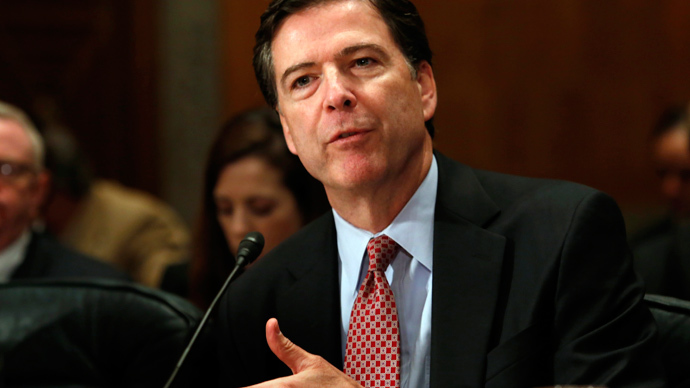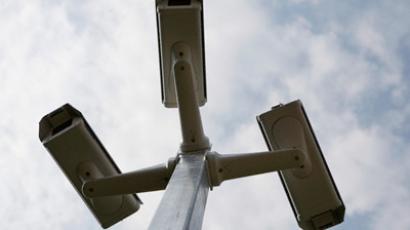FBI: Cyber-attacks surpassing terrorism as major domestic threat

Cyber-attacks are increasingly becoming the primary threat against the United States, according to the head of the FBI.
During his first testimony as the new FBI director, James Comey told Congress on Thursday that while the threat of traditional terrorist strikes inside the United States is now lower than it was before 2001, the potential threat from cyber-attacks continues to rise.
“That’s where the bad guys will go,” Comey said, as quoted by the Guardian. “There are no safe neighborhoods. All of us are neighbors [online].”
Comey’s comments were echoed by Rand Beers, the acting secretary for the Department of Homeland Security, and Matt Olsen, the director of the National Counterterrorism Center, both of whom also testified before the Senate Homeland Security and Government Affairs Committee.
The three officials agreed that while the potential for an attack on the scale of 9/11 is more likely to occur overseas, Congress should be wary of rolling back surveillance programs like the one employed by the National Security Agency. Over the next decade, cyber-attacks are likely to become the primary domestic threat, they said.
The officials added that any changes to the US surveillance program should be on the “margins,” and not directly affect the agencies’ “core capabilities.”
In fact, Beers and Comey both pushed Congress to expand the government’s power to gain access to data held by privately owned companies, with Beers suggesting that new legislation grant corporations liability protection for sharing sensitive information with federal agencies.
According to the Guardian, at least one senator, Tom Coburn (R-Okla.), expressed concern over the suggestion, saying that companies should have the chance to willingly cooperate with the government before being told to hand over data.
In 2008, the US passed legislation protecting telecommunications companies and internet providers helping the government conduct warrantless surveillance from privacy lawsuits.
USA Today reported that the officials noted how difficult it is to detect self-radicalized terrorists, and that Americans are urged to report something suspicious when they see it.
"The challenge of the home-grown violent extremist is that [the person] really doesn't hit all the trip wires,'' Olsen said.














